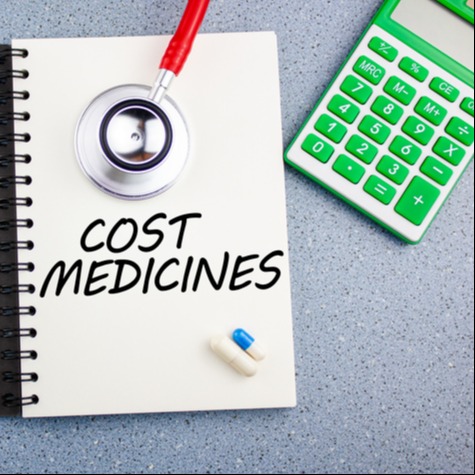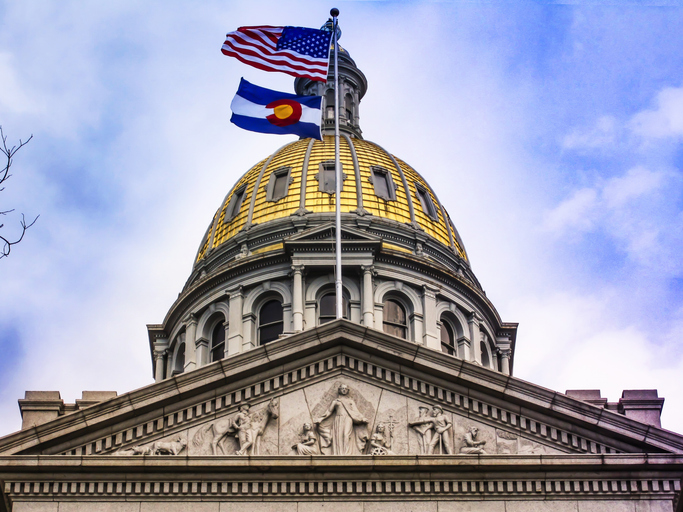
One of the most-prescribed drugs in the U.S., gabapentin, is the target of warnings from physicians, according to an article in USA Today, published on 1 October 2024.
The U.S. Food and Drug Administration (FDA) initially approved gabapentin for treating epilepsy. In 2002, the FDA approved gabapentin for another neurological disorder called postherpetic neuralgia. Generic gabapentin became available in the U.S. in 2004. However, the drug, sold under various brand names including Neurontin and Gralise, is commonly used for “off-label” conditions. In other words, physicians sometimes prescribe gabapentin for conditions such as bipolar disorder, for which the drug is not approved.
Key Takeaways
Gabapentin, originally approved for epilepsy and postherpetic neuralgia, is increasingly prescribed off-label, including for opioid addiction.
Rising misuse has led some states to consider classifying gabapentin as a controlled substance to improve monitoring and reduce abuse.
Off-label prescribing carries risks, such as adverse effects, delayed access to effective treatments, and ethical concerns about patient awareness.
Physicians must evaluate patients' medical histories and follow tailored dosing schedules while monitoring for side effects.
Collaboration with a physician ensures accurate diagnosis, evidence-based treatment, and informed decisions for better health outcomes.
Gabapentin and Opioids
One of the off-label uses of gabapentin is the treatment of opioid addiction. Due to the current opioid abuse crisis, among other factors, gabapentin has become the sixth most prescribed drug in the U.S.
Dr. Holly Geyer, an addiction medicine expert and leader of the opioid stewardship program at the Mayo Clinic in Arizona, told USA Today that, to address the issue of opioid misuse, many physicians have turned to prescribing gabapentinoids, a class of medications that are not classified as controlled substances. However, Geyer highlights a concerning trend: “We are now seeing emerging patterns of abuse with gabapentin across the country.” This misuse can involve gabapentin alone or in combination with other substances, such as opioids.
The opioid family has been a substantial source of concern for physicians and law enforcement for over 100 years. Opioid substitutes have long been praised as a new method to help people with substance use disorders overcome addiction; however, these efforts often end badly, with patients becoming addicted to opioid replacements. This phenomenon appears to be occurring with gabapentin, which has been reported to cause euphoria in some patients and enhance the high derived from other opioids.
How Gabapentin Should Be Prescribed and Used
Gabapentin should be prescribed with careful consideration of the patient’s medical history and specific condition. Physicians typically begin with a low dose, gradually increasing it to achieve the desired therapeutic effect while minimizing side effects. Following a tailored dosing schedule is essential, based on the individual’s response to the medication. Gabapentin should be taken strictly as prescribed for its approved indications, specifically epilepsy and postherpetic neuralgia. Regular monitoring is crucial to assess the medication's effectiveness and identify any emerging side effects, particularly in patients taking other medications that may interact with gabapentin.
The Case for Making Gabapentin a Controlled Substance
In response to rising concerns about the misuse of gabapentin, several states are considering classifying it as a controlled substance. Lawmakers and health officials are acknowledging that, while gabapentin is effective for treating conditions such as neuropathic pain and seizures, its increasing misuse necessitates tighter regulation. By reclassifying gabapentin, states aim to mitigate its potential for abuse, improve prescription monitoring, and ensure its safe and appropriate use. This proposed change reflects a broader effort to balance the need for effective pain management with the imperative to curb substance abuse in communities.
The Dangers of Off-Label Prescription
Off-label prescribing can carry significant risks for patients. Although it may be guided by clinical judgment and emerging evidence, it often lacks the rigorous testing required for FDA approval for those specific indications. One major concern is the potential for adverse effects or drug interactions that have not been thoroughly studied in the context of off-label use. Patients may experience unexpected side effects or a worsening of their condition due to the absence of comprehensive data supporting the safety and efficacy of the medication for that particular use.
Furthermore, off-label prescriptions may delay patients from receiving the most effective treatment, as they might be treated with medications that have not yet been proven to be effective for their specific conditions. This can result in a significant financial burden, as off-label medications may only be covered by insurance if deemed medically necessary for approved uses. Additionally, off-label prescribing raises ethical concerns, particularly if patients are not fully informed about the lack of evidence supporting the medication's use for their condition. It is crucial for healthcare providers to carefully weigh the benefits and risks and ensure transparent communication with patients regarding off-label uses.
The Importance of Working with a Physician
Collaborating with a physician to address any concerning health condition is crucial for several reasons. First and foremost, a physician has the expertise to accurately diagnose health issues, which is essential for developing an effective treatment plan. They can conduct necessary tests, interpret results, and consider the patient’s medical history and individual circumstances to ensure that any underlying conditions are addressed. Additionally, a physician can provide evidence-based recommendations, ensuring that patients receive appropriate medications and therapies tailored to their specific needs. This collaboration fosters open communication, allowing patients to discuss their symptoms, concerns, and treatment options, leading to more informed decisions about their health. Regular follow-ups with a physician help monitor progress and enable timely adjustments to treatment, ultimately enhancing patient safety and improving health outcomes. In a landscape where misinformation can spread quickly, having a trusted medical professional to guide the treatment process is invaluable for effectively managing health concerns.
Rely on PlanetDrugsDirect.com to Buy Online Prescription Drugs
As a trusted prescription referral service, we offer important benefits whenever you order online. Each of our partner pharmacies and/or government-approved dispensaries is committed to providing the best experience possible of any online prescription referral service on the internet. We offer:
Low prices
Quick turn-around times
Generic and brand-name medications
Unparalleled customer service
Sources
Costales B, Goodin AJ. Outpatient Off-Label Gabapentin Use for Psychiatric Indications Among U.S. Adults, 2011-2016. Psychiatr Serv. 2021;72(11):1246-1253. doi: 10.1176/appi.ps.202000338.
Goodman CW, Brett AS. A Clinical Overview of Off-label Use of Gabapentinoid Drugs. JAMA Intern Med. 2019 May 1;179(5):695-701. doi: 10.1001/jamainternmed.2019.0086.
Mack A. Examination of the evidence for off-label use of gabapentin. J Manag Care Pharm. 2003;9(6):559-68. doi: 10.18553/jmcp.2003.9.6.559.
Peckham AM, Evoy KE, Ochs L, Covvey JR. Gabapentin for Off-Label Use: Evidence-Based or Cause for Concern? Subst Abuse. 2018; 23;12:1178221818801311.
 Medically reviewed by
Medically reviewed by 





